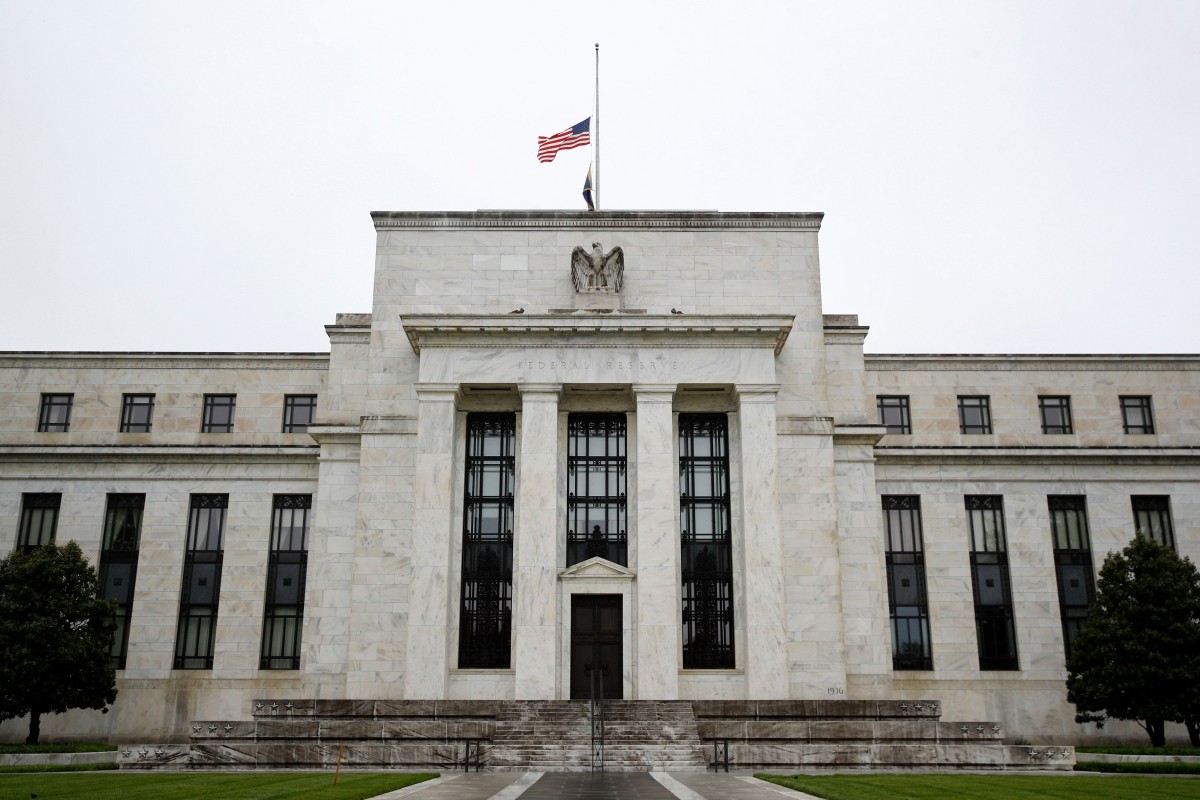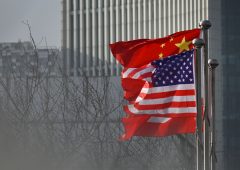Key Takeaways from the Latest Federal Reserve Meeting
26.11.2024 21:11 2 min. read Alexander Stefanov
The Federal Reserve’s minutes from November 6-7, closely watched by both the cryptocurrency and traditional markets, have shed light on the central bank's ongoing policy considerations.
Officials discussed the balance between maintaining restrictive measures and transitioning to a more neutral stance, depending on economic conditions. Several members noted that keeping interest rates at restrictive levels could be necessary if inflation remains persistent. Others suggested that if the labor market weakens or economic activity falters, easing policies might accelerate.
A recurring theme was uncertainty about the “neutral” interest rate, prompting many officials to support a gradual reduction in the restrictiveness of monetary policy. Some participants even observed that risks to the labor market and overall economy appear to have diminished.
Public comments since the meeting indicate a divide among Fed officials. Some believe the economy is nearing a neutral policy stance, signaling an end to further rate reductions. Others see the potential need for a longer period of cuts.
A week after the meeting, Fed Chair Jerome Powell emphasized caution, stating that the economy does not currently indicate an urgent need to lower rates further. He highlighted the central bank’s intention to carefully evaluate future policy decisions.
The meeting minutes also reveal policymakers’ deliberations over data showing stronger-than-expected economic growth and persistently high inflation. Despite a slowdown in job creation during October, officials largely agreed that the U.S. economy continues to exceed expectations, underscoring the complexity of setting monetary policy in the current climate.
-
1
U.S. PCE Inflation Rises for First Time Since February, Fed Rate Cut Likely Delayed
27.06.2025 18:00 1 min. read -
2
Key U.S. Economic Events to Watch Next Week
06.07.2025 19:00 2 min. read -
3
Gold Beats U.S. Stock Market Over 25 Years, Even With Dividends Included
13.07.2025 15:00 1 min. read -
4
U.S. Announces Sweeping New Tariffs on 30+ Countries
12.07.2025 16:30 2 min. read -
5
US Inflation Heats Up in June, Fueling Uncertainty Around Fed Cuts
15.07.2025 16:15 2 min. read
US Inflation Heats Up in June, Fueling Uncertainty Around Fed Cuts
U.S. inflation accelerated in June, dealing a potential setback to expectations of imminent Federal Reserve rate cuts.
Gold Beats U.S. Stock Market Over 25 Years, Even With Dividends Included
In a surprising long-term performance shift, gold has officially outpaced the U.S. stock market over the past 25 years—dividends included.
U.S. Announces Sweeping New Tariffs on 30+ Countries
The United States has rolled out a broad set of new import tariffs this week, targeting over 30 countries and economic blocs in a sharp escalation of its trade protection measures, according to list from WatcherGuru.
Key U.S. Economic Events to Watch Next Week
After a week of record-setting gains in U.S. markets, investors are shifting focus to a quieter yet crucial stretch of macroeconomic developments.
-
1
U.S. PCE Inflation Rises for First Time Since February, Fed Rate Cut Likely Delayed
27.06.2025 18:00 1 min. read -
2
Key U.S. Economic Events to Watch Next Week
06.07.2025 19:00 2 min. read -
3
Gold Beats U.S. Stock Market Over 25 Years, Even With Dividends Included
13.07.2025 15:00 1 min. read -
4
U.S. Announces Sweeping New Tariffs on 30+ Countries
12.07.2025 16:30 2 min. read -
5
US Inflation Heats Up in June, Fueling Uncertainty Around Fed Cuts
15.07.2025 16:15 2 min. read


